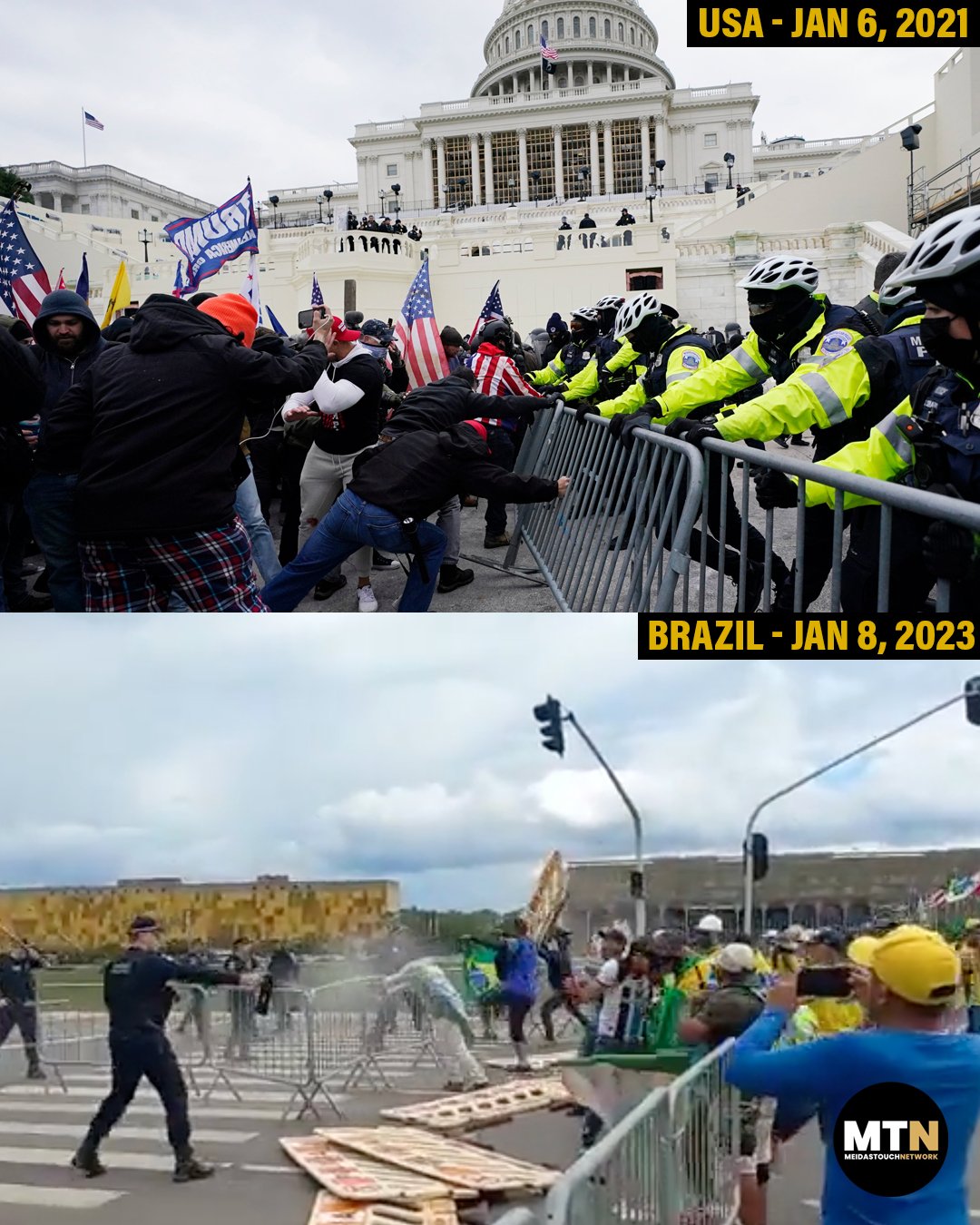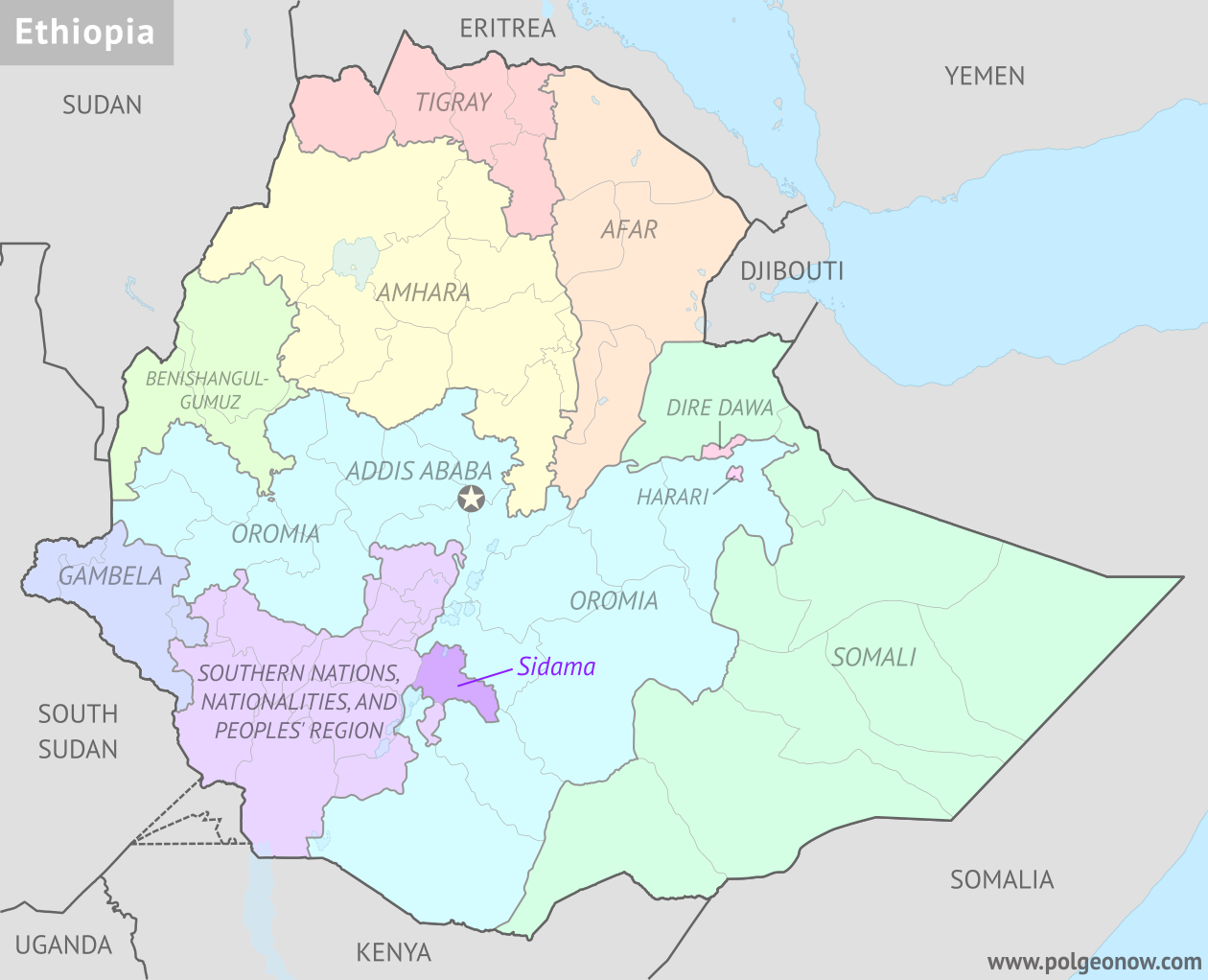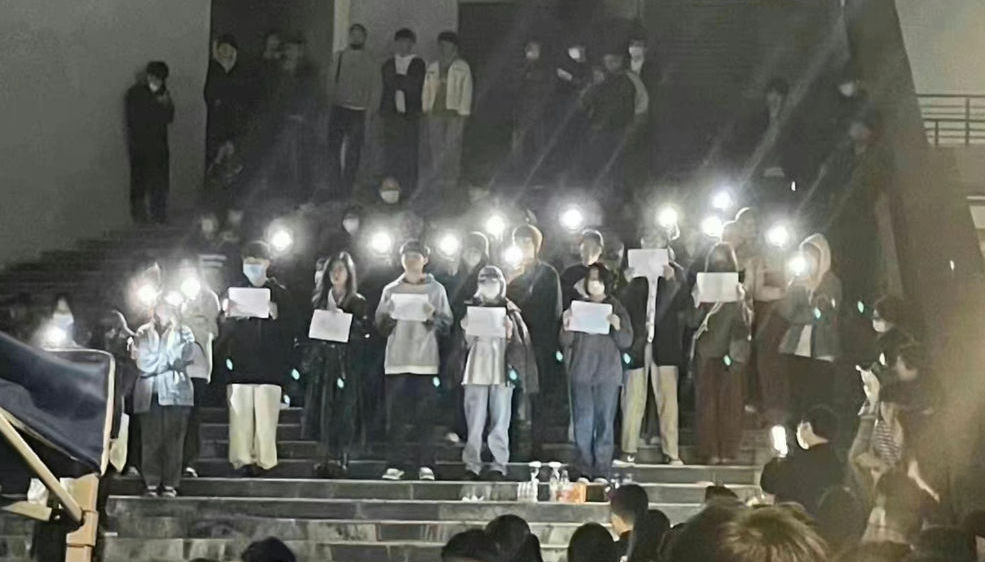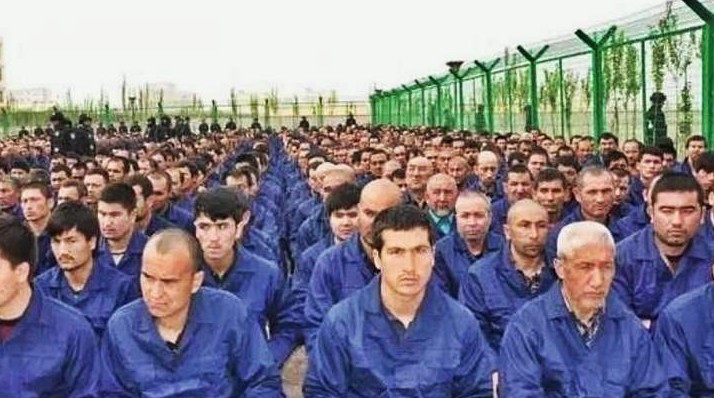
Sikh separatist arrested in India after manhunt
Indian police arrested Sikh separatist leader Amritpal Singh after a month-long manhunt. Singh gained notoriety for supporting the Khalistan movement, which calls for an independent Sikh homeland in the northwest state of Punjab. He was taken into custody in the gurdwara (Sikh temple) of a Punjab village. He is charged with attempted murder, obstructing law enforcement, and disturbing the peace under terms of the harsh National Security Act. The charges concern a February incident in which hundreds of followers of Singh’s organization Waris Punjab De (Heirs of Punjab) stormed a police station in Amritsar with sticks, swords and firearms, demanding the release of a detained member of the group. During the manhunt for Singh, authorities cut off internet access to all Punjab, a state of nearly 30 million. (Images of Amritpal Singh, Khalistan flag: Wikimedia Commons. Collage: Jurist)











